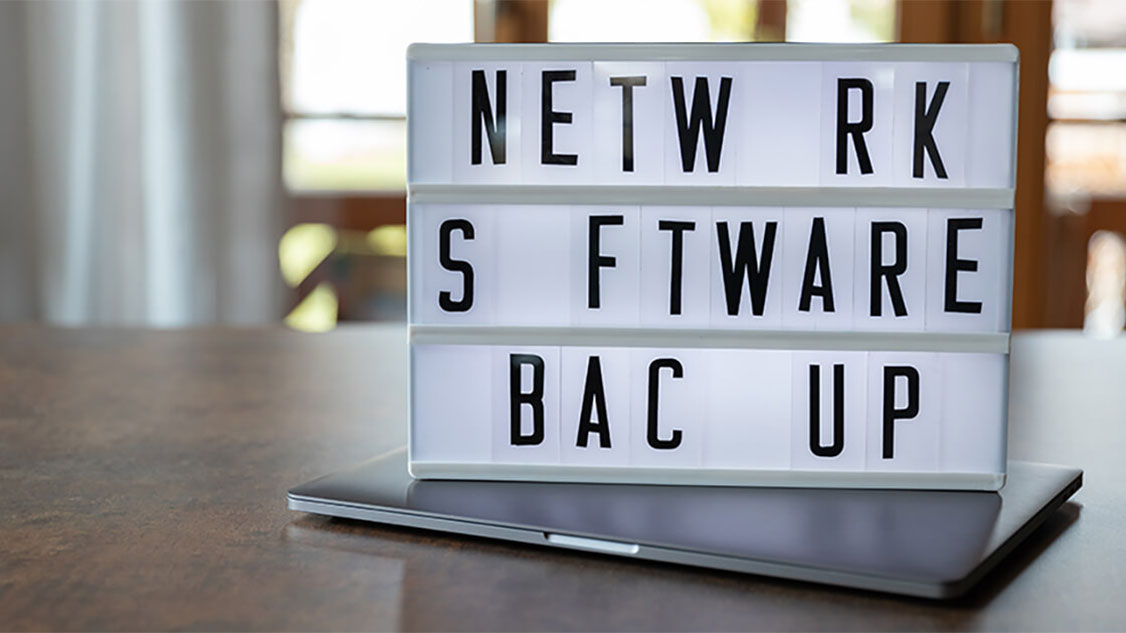SME
Immediate assistance following a cyberattack
One call and they are on the job: Swisscom’s IT security experts. Several times a week they are called out to provide assistance to companies of all sizes that have fallen victim to a hacker attack. Raphael Boullet, cyber security expert at Swisscom, explains why professional help is worth its weight in gold in an emergency.
